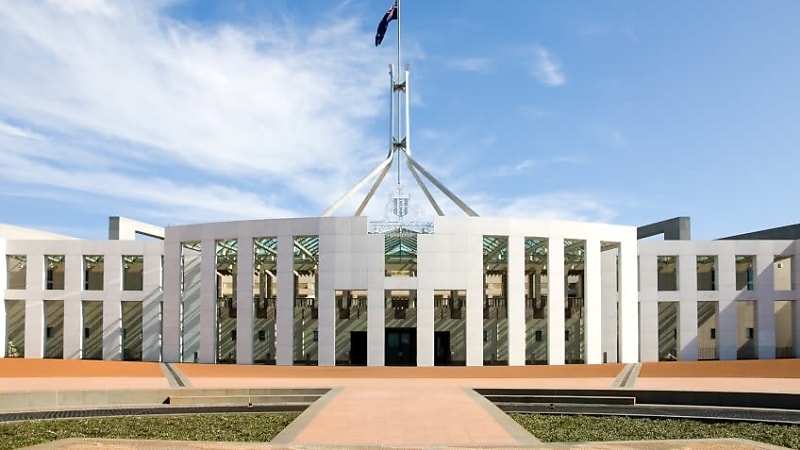FPA pushes for sensible cost recovery amid falling adviser numbers

The government should carefully consider the impact of cost-recovery on advice firms with the number of advisers still rapidly falling and advice fees continuing to rise.
In its pre-Budget submission, the FPA highlighted a number of the challenges currently facing the financial advice profession.
The FPA said that based on recent statistics, there is currently around 16,344 registered financial advisers, a 16.7 per cent decrease on the already low numbers of 1 July 2021.
“That period marked the first time since 2015 that adviser numbers had fallen below 20,000,” the submission noted.
“The constricting supply of financial advisers in the marketplace is making it more challenging for Australians to access financial advice and raise the financial literacy of the nation.”
In light of the constant regulatory changes and increased costs, recent data also indicates that the average fee charged by financial planners for a statement of advice for new clients rose over 15 per cent over the 2020 calendar year off the back of a 10 per cent increase during 2019.
“Given industry trends, this figure has almost certainly risen further in 2021, potentially putting professional financial advice out of reach of many Australians,” the FPA stated.
The submission explained that the numerous factors contributing to increased costs for financial planners include the indirect expenses of complying with a changed regulatory landscape as well as the direct costs of fees and levies imposed by the government on financial planners.
Each of these factors affects the affordability and therefore accessibility of financial advice.
The FPA stated in the submission that while it supports the cost-recovery of some regulatory expenses, it is important that regulations and regulators are delivering their important purpose in an efficient and effective manner to ensure government, consumers and industry are receiving value for money from this cost-recovery.
“The Australian Government Cost Recovery Guidelines provide that the government should consider a number of factors in deciding how to implement cost-recovery, including the impact on competition, innovation or the financial viability of those who may need to pay the costs of regulation,” it stated.
“Changing standards and regulations are being applied on top of an already complex regulatory framework that has evolved over many years. While the FPA supports, in principle, the implementation of a number of these reforms, we believe the government should consider their impact on the long-term viability of the financial planning profession.”
The submission noted that many in the profession work as sole traders or in a small or medium-sized practice.
“Their capacity to absorb additional regulatory changes and increased costs is extremely limited, particularly given the economic challenges caused by the COVID-19 pandemic,” it stated.
“The ever-changing regulatory environment and increasing costs can result in financial advice becoming more unaffordable and inaccessible for many Australians.”
The FPA also called on the government to freeze the ASIC industry levy for a further 12 months to ensure cost certainty for the sector during FY2022/23, while Treasury reviews ASIC’s Industry Funding Model.
In addition, the FPA said the freeze for financial planners should be extended to all industry sector participants who have been adversely affected by inexplicably significant ASIC levy fee increases.
“The current freeze has recognised the negative impact that ongoing significant ASIC industry fee increases have had on the financial services sector. We acknowledge and appreciate the government’s role to date in trying to control these spiralling increases for this sector,” the FPA said.
“To provide certainty to the profession and provide adequate notice of any change, which may require planning for business models to adapt, the review should be completed prior to the expiration of the ASIC levy freeze.”

Miranda Brownlee
Miranda Brownlee is the deputy editor of SMSF Adviser, which is the leading source of news, strategy and educational content for professionals working in the SMSF sector.
Since joining the team in 2014, Miranda has been responsible for breaking some of the biggest superannuation stories in Australia, and has reported extensively on technical strategy and legislative updates.
Miranda also has broad business and financial services reporting experience, having written for titles including Investor Daily, ifa and Accountants Daily.






